Fear of eye contact, or scopophobia, is a complex phobia that's more than mere discomfort; discover its causes, symptoms, and potential treatments.
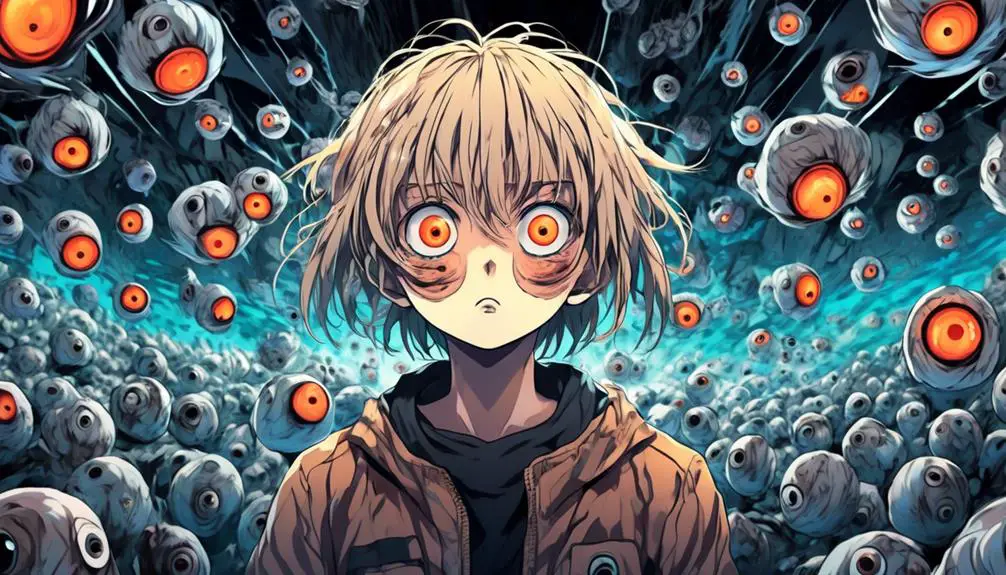
What Phobia Is Fear of Eye Contact
Sometimes, simple social scenarios seem so scary, particularly when peering into another person's eyes feels paralyzing, doesn't it? This fear, known as scopophobia, is more than just a mere discomfort; it's a real, recognized phobia that deeply affects individuals on a daily basis.
You might wonder, what causes scopophobia? How is it identified, and more importantly, how can it be treated? As we navigate this topic together, you'll uncover these answers and gain a broader perspective on this often overlooked phobia.
Key Takeaways
- Scopophobia is the intense fear of being seen or stared at by others.
- It can lead to physical symptoms such as rapid heartbeat, dizziness, nausea, and sweating.
- Scopophobia can be caused by traumatic experiences, social anxiety, or genetics.
- Treatment options for scopophobia include cognitive-behavioral therapy, exposure therapy, self-help techniques, and medication.
Understanding Scopophobia
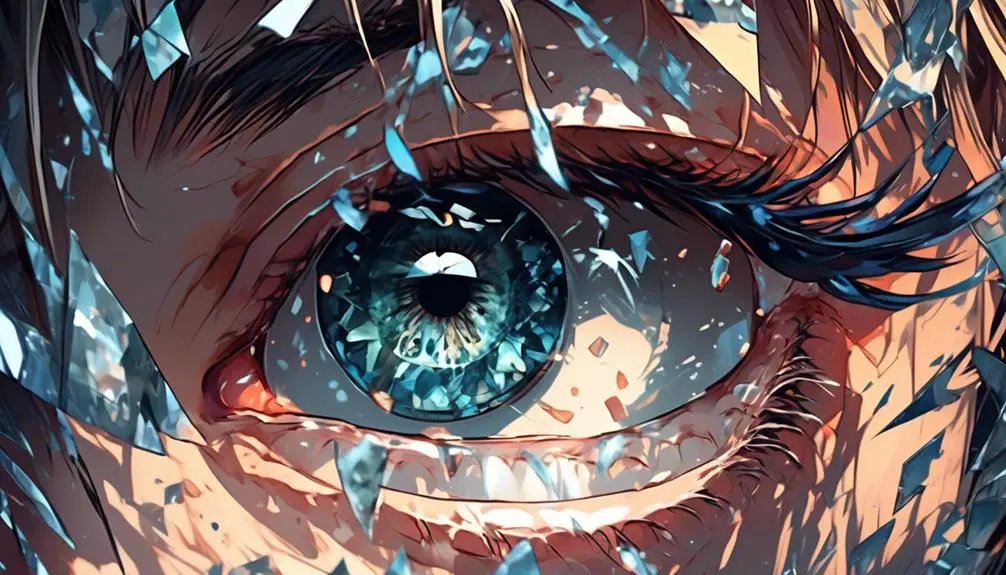
While it may seem unusual to some, scopophobia, or the intense fear of being seen or stared at by others, is a real and often debilitating condition that affects a significant number of people worldwide. It's not just about feeling slightly uncomfortable when someone looks at you; it's a full-blown phobia that can drastically impact your daily life.
As someone struggling with scopophobia, you might experience symptoms like rapid heartbeat, dizziness, nausea, or sweating when you feel observed. You may find yourself avoiding social situations, fearing the scrutiny of others, which can lead to isolation and loneliness.
Understanding scopophobia is the first step towards managing it. It's not about 'getting over it' or forcing yourself to endure uncomfortable situations. It's about acknowledging your feelings and seeking help if necessary. You're not alone in this; many people with scopophobia have sought assistance and found ways to cope.
Common Causes of Scopophobia
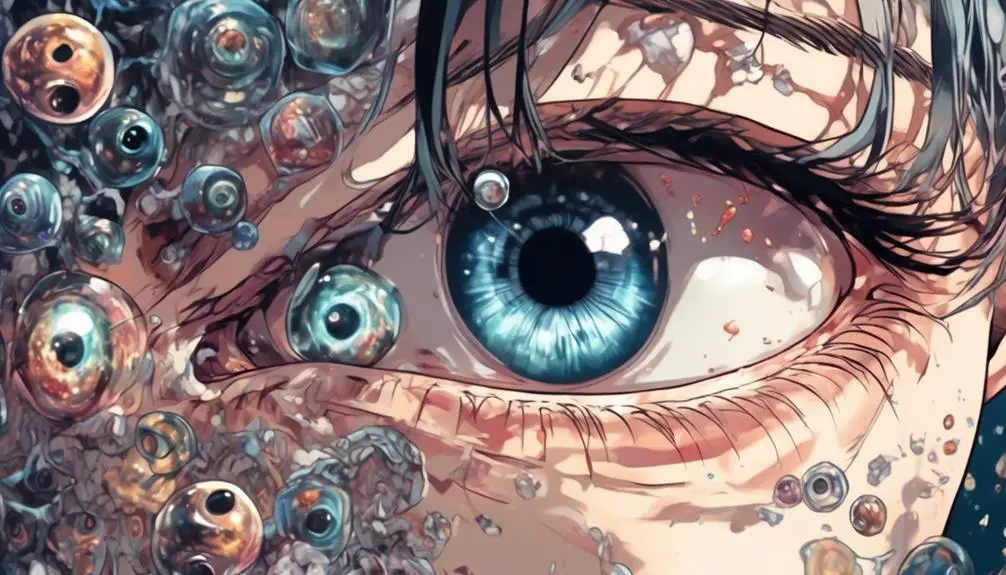
Diving into the root causes of scopophobia, it's important to recognize that this phobia often stems from various factors, including traumatic experiences, social anxiety, or even genetics.
You may have been embarrassed or humiliated in the past when you were the focus of attention, leading to an intense fear of eye contact. This traumatic experience might've conditioned your brain to associate eye contact with discomfort or danger.
In addition, if you're a person who suffers from social anxiety, the fear of being judged or scrutinized can exacerbate your scopophobia. You might find it hard to maintain eye contact because it increases your feelings of vulnerability and exposure. It's as if each gaze is a piercing judgement, making you want to retreat and avoid the situation altogether.
Lastly, genetics can also play a part. If phobias run in your family, you're more likely to develop scopophobia. This is because the fear response can be passed down through generations.
Understanding these causes is the first step to overcoming your scopophobia. It's not an easy journey, but with the right support, you can learn to manage this fear and regain control of your life.
Symptoms and Diagnosis
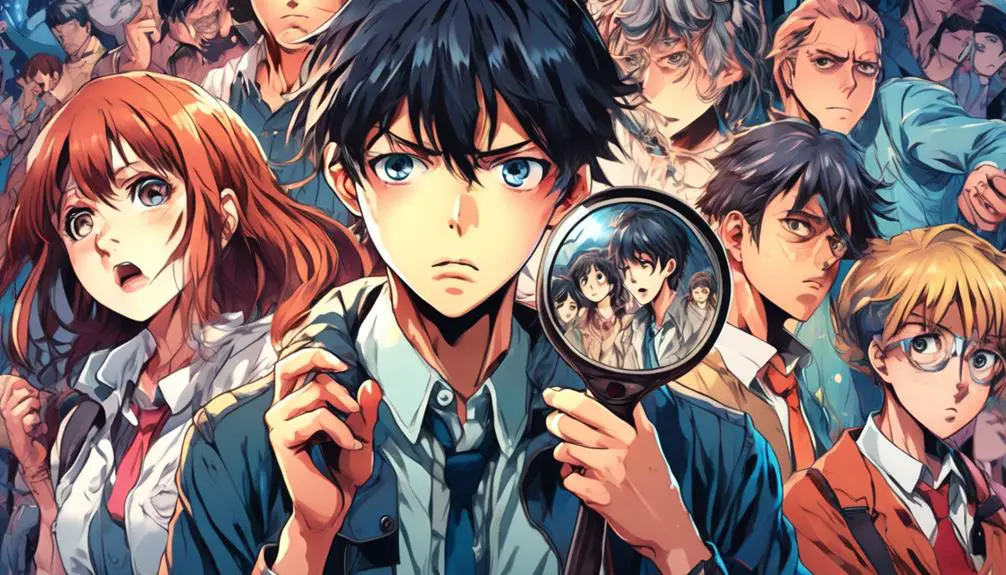
Recognizing the symptoms of scopophobia is a critical step in obtaining a diagnosis. It's important to understand what signs to look out for in your own behavior. You may notice a strong avoidance of situations where eye contact is required, such as social gatherings or meetings. In severe cases, you might even go to great lengths to avoid these situations altogether.
Physical symptoms can include rapid heart rate, sweating, trembling, dry mouth, or nausea when you're forced to make eye contact. Emotional reactions might range from discomfort and anxiety to intense fear or panic.
As for diagnosis, it's typically made by a mental health professional. They will assess your symptoms, rule out other conditions, and evaluate the impact of your fear on your daily life. It's important you're honest and open about your experiences during this process.
Various Treatment Options

If you're grappling with scopophobia, you'll be relieved to know there are several effective treatment options available to help manage and overcome this fear.
Cognitive Behavioral Therapy (CBT) is often the first line of treatment. It's a form of psychotherapy that encourages you to confront and change negative thought patterns that lead to fear and anxiety.
Exposure therapy, a type of CBT, can also be beneficial. It involves gradual and repeated exposure to the fear trigger, in this case, eye contact. Over time, this exposure can reduce your fear and anxiety.
You may also find self-help strategies, such as relaxation techniques and mindfulness, helpful in managing your fear.
Another option is medication. While there's no specific drug for scopophobia, certain medications can help manage the anxiety and panic symptoms associated with it. Your healthcare provider may recommend selective serotonin reuptake inhibitors (SSRIs), beta-blockers, or benzodiazepines.
You're not alone in your battle against scopophobia, and you don't have to live in fear. With the right treatment plan, you can learn to manage your fear and live a more comfortable, confident life. Remember, it's important to seek professional help and not try to handle this fear on your own.
Living With Scopophobia
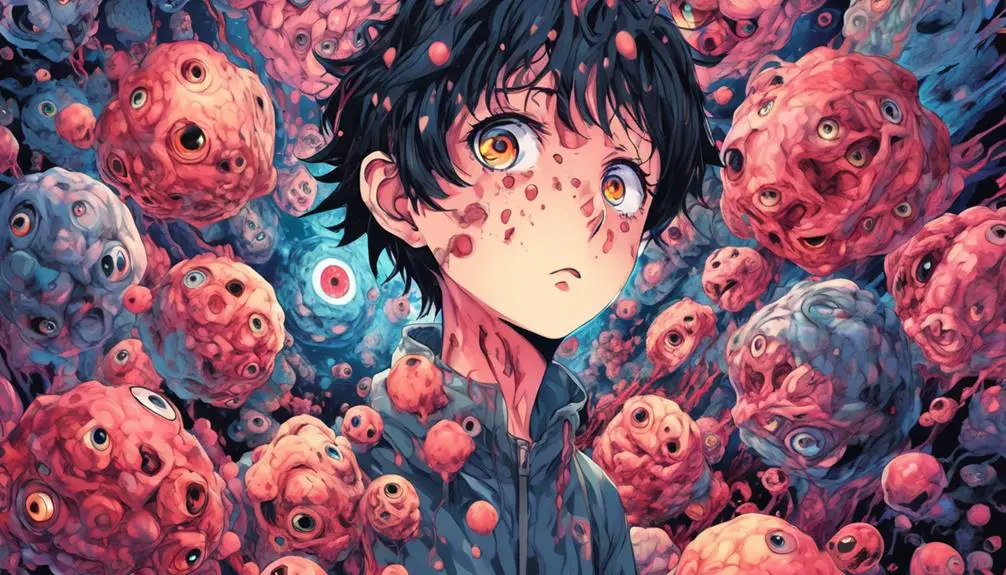
Living with scopophobia can feel like a constant battle, but it's crucial to remember that you're not alone and there are strategies to help you cope effectively. This fear of being seen or stared at can make everyday interactions challenging, yet it's important to understand that it's a common fear that many people experience.
You might find yourself trying to avoid eye contact or feeling uncomfortable in crowds, but it's essential to recognize these as symptoms of scopophobia and not as personal failings. It's okay to be gentle with yourself and take things at your own pace. You don't have to rush into situations that make you feel uneasy.
There are many coping strategies available, including cognitive-behavioral therapy, exposure therapy, and even self-help techniques. Keeping a journal can be helpful in tracking your triggers and documenting your progress. Remember, it's okay to seek professional help if you're finding it hard to manage on your own.
Managing scopophobia may be a journey, but by understanding your fear, recognizing your triggers, and utilizing coping strategies, you can slowly regain control over your life. It's a step-by-step process and every little victory counts.
Conclusion
Understanding scopophobia, the fear of eye contact, is crucial. It's often rooted in anxiety or past traumatic experiences.
Recognizing the symptoms can lead to an accurate diagnosis and appropriate treatment.
There's a range of therapeutic options available, such as cognitive-behavioral therapy or exposure therapy.
Living with scopophobia is challenging, but with professional help and personal resilience, overcoming this fear is possible.
Remember, it's okay to ask for help and seek treatment.
You're not alone in this journey.
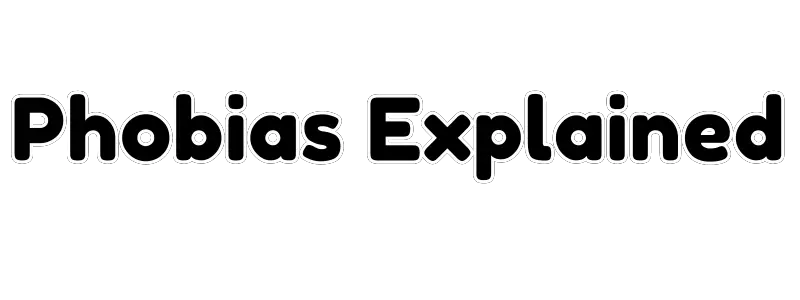


Sign up